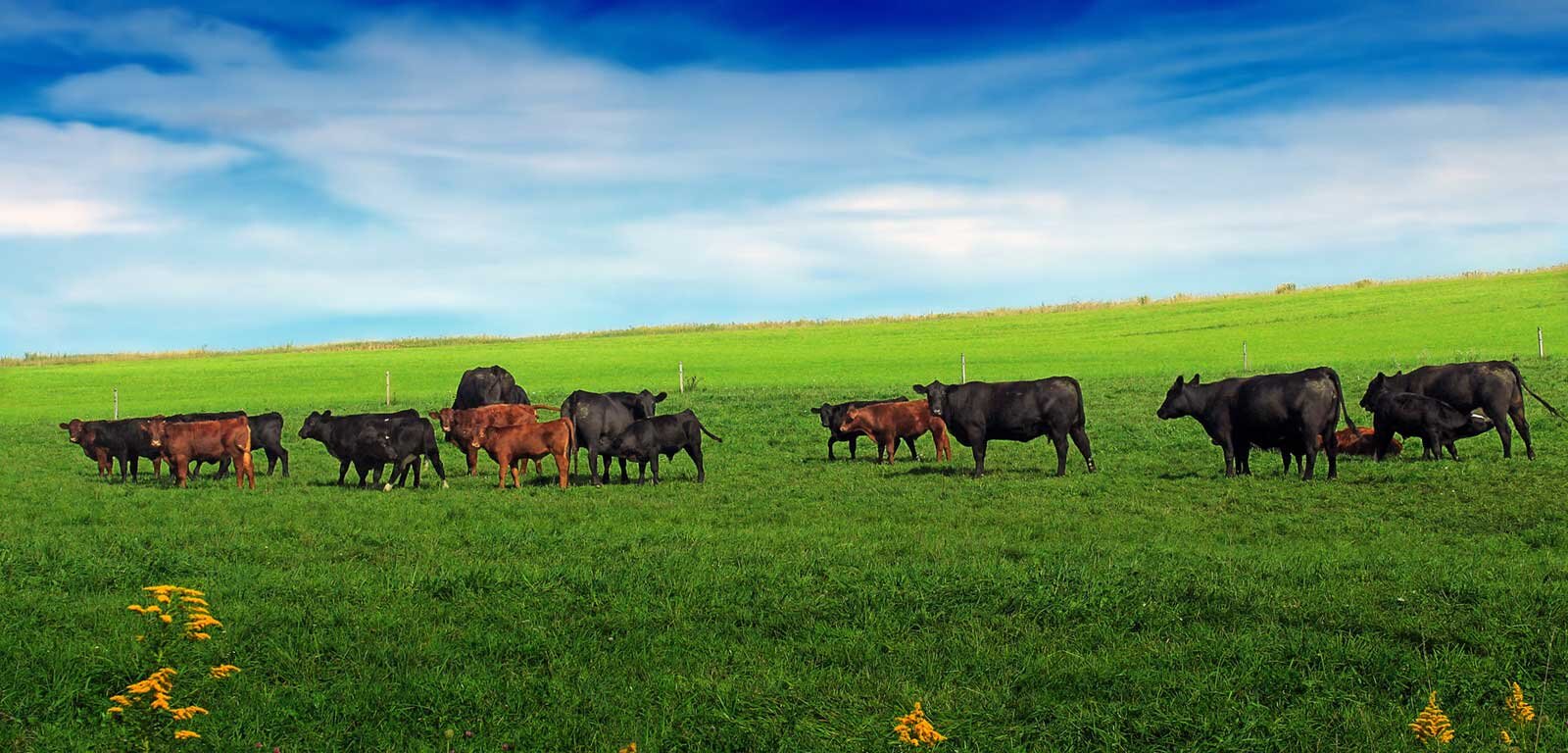Independent Ranchers Take New Tack in Fight Against Pro-Big Beef Checkoff
Photo from flickr user nicholas_t.
The most recent attack by American ranchers on the Department of Agriculture’s beef checkoff tax reached a federal court two weeks ago. The suit, filed by the Ranchers-Cattlemen Action Legal Fund (R-CALF), challenges how the checkoff program operates in Montana. But the outcome of the case could reshape how the checkoff tax system operates across the whole country.
In Montana, half of beef checkoff taxes collected in the state are distributed to the Montana Beef Council and half to the federal government, which then uses the money for national advertising efforts or for contracting with organizations such as the pro-corporate National Cattlemen’s Beef Association. In 2015, the MBC retained over $800,000 in checkoff funds from the state’s ranchers. The MBC then uses these funds to promote beef consumption.
But, according to the R-CALF complaint, the Montana Beef Council has used the tax monies to fund “promotional campaigns that communicate all beef is equal,” including imported and out-of-state beef. R-CALF members—who would themselves promote local, domestic beef—say they are therefore “being forced to sponsor speech that they do not agree with and would not choose to express if not compelled to do so.”
The complaint asks the court to declare collection of the federal beef checkoff tax in Montana to be unconstitutional.
All beef producers in the US must pay $1 into the beef checkoff tax fund for each head of cattle sold. Checkoff funds are ostensibly used for the marketing and promotion of beef and for industry research. Checkoff taxes have often come under fire for serving as a sort of slush fund for powerful meatpackers, who often use the money to fight the interests of independent ranchers.
In all, the government collects more than 20 different checkoff taxes, in sectors including pork, soybeans, cotton, and peanuts.
The R-CALF suit builds on a constitutional challenge to the beef checkoff that went to the Supreme Court in 2005. In that case, the Court ruled that because checkoff-funded advertisements were paid for with tax collections, they amounted to “government speech,” and are therefore exempted from First Amendment scrutiny. In the R-CALF lawsuit, the group argues that because the Montana Beef Council isn’t overseen by the federal government, their advertisements are “private speech governed by the First Amendment, not government speech outside the First Amendment’s reach.”
Bill Bullard, the chief executive officer of R-CALF, says “the stakes [of the lawsuit] are very high” for the organization’s members. Bullard says he would like to see the USDA “start from scratch” with the beef checkoff. But he says this lawsuit is “just a first step” that will serve as a “test case” for future state and federal challenges to the program. R-CALF has members in 42 states, and 375 members in Montana.
Public Justice lawyer David Moraskin, a lead attorney on this case, agrees that the Montana case has “national implications.” He says the “logic [of the case] would translate to the vast majority of other states” that have state beef councils.
The relationship between state beef councils, national beef checkoff administrators, and corporate meatpackers is intimate. The national committee that develops the advertisements and promotions funded with checkoff tax dollars is half comprised of government appointees and half comprised of representatives of state beef councils. State beef councils are members of the National Cattlemen’s Beef Association. The NCBA includes among its members highly consolidated corporate meatpackers, and the organization regularly engages in lobbying and other political activity to further the interests of those largest producers. The NCBA collects about $45 million per year in checkoff funds.
The R-CALF complaint charges that many members of the 12 seat Montana Beef Council are sympathetic to corporate interests. Two of the members represent the Montana Stockgrowers Association, one represents the American National Cattlewomen’s Association, one represents the Montana Angus Association, and another represents the Montana Cattle Feeders, all groups affiliated with the NCBA.
The NBCA is currently the subject of another checkoff-related lawsuit, initiated by the Organization for Competitive Markets. The group sued NCBA in 2014 to gain access to audit records collected by the government in years prior, to determine whether and how NCBA was using checkoff funds to engage in political activity.
In July, Senators Cory Booker (D-NJ) and Mike Lee (R-UT) introduced legislation that would restrict any political and anti-competitive behavior of the checkoff programs and require regular USDA auditing. R-CALF and many other farmer and rancher groups supported the bill.
According to the USDA, there were approximately 915,000 farms with cattle in 2012, down from 950,000 in 2009.
What We're Reading
Constellation Brands Inc. announced it will buy a Mexico-based brewery from Grupo Modelo, an Anheuser-Busch InBev subsidiary. The $600 million deal will allow the company to grow its production and distribution of increasingly popular brands like Corona, Modelo Especial, and Pacifico.
Houston's Karbach Brewing Co. is the latest brewery to be acquiredby Anheuser-Busch InBev. The acquisition of the five-year-old brewery marks eleven craft beer, cider, or other specialty product acquisitions by the brewing behemoth since 2011.
The SF Chronicle explores why many beginning and small-scale farmers are working on rented land, which can give farmers less agency in running their farm businesses. The author calls for better USDA and policy supports for farmers seeking to own their own land.

